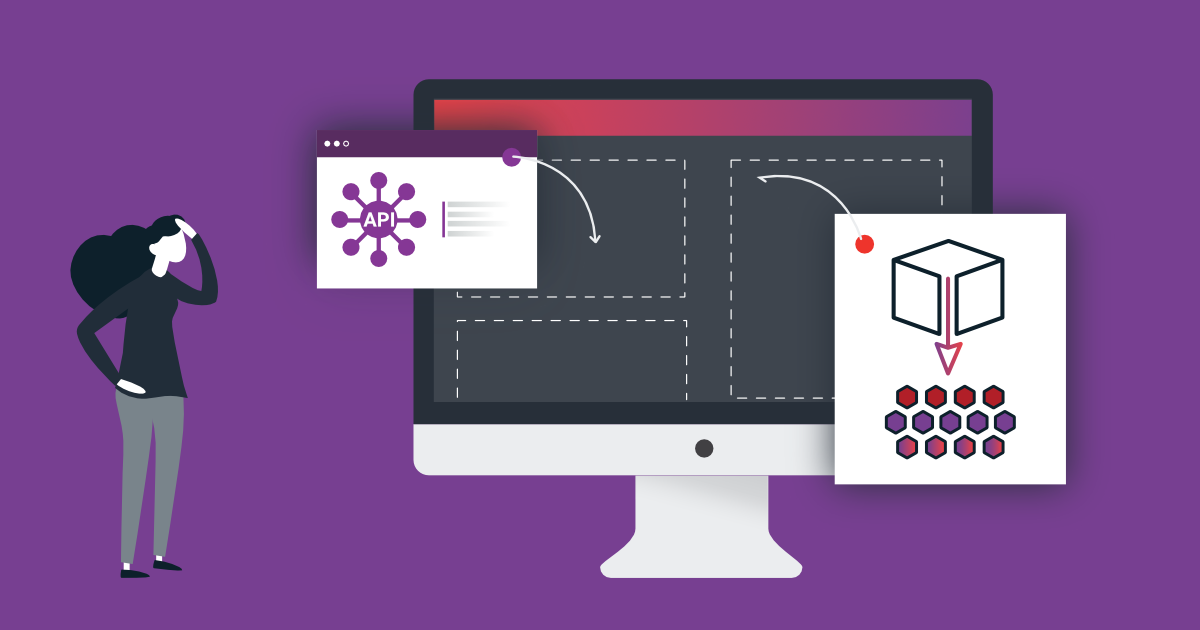Editor’s note: This interview of Zdenek Nemec was recorded for Coding Over Cocktails - a podcast by Lonti previously known as Toro Cloud.
APIs are considered the cornerstone of any digital transformation project. Through APIs, organisations can securely expose data to internal systems, customers and business partners. They can also be a path to new revenue opportunities by creating digital products out of an organisation’s data or business processes.
Over the years, we’ve witnessed the evolution of APIs and how they’ve ushered a new era of communication between applications, systems, and services. However, with this evolution came a fair share of challenges around API delivery, discovery, and consumption due to the rapidly growing demand of APIs.
“We historically know that automation and autonomy is actually the solution to complexity. When a lot of people are doing something manually, people start thinking about how to automate and how to give it autonomy. The number of APIs and the way we keep them together by hands is just not going to scale.” says Zdenek Nemec, founder of Superface.AI during an episode of the Coding Over Cocktails podcast.
The goal of Superface is to transform how organisations connect digitally by empowering developers through API automation.
“So, there’s this urge for us to take it further – to start thinking about automation – so we can use our engineers to create a better world, rather than just working on the wires,” adds Nemec.
Culture over technology
One of the fundamental changes that Superface has applied is on description formats, splitting the business layer of what an API can do and the actual implementation be it through GraphQL or REST. By separating the business layer from the functional operational programmers will be able to easily identify the components of an API.
Another thing that developers can consider implementing is giving freedom to clients when creating contracts. Clients can opt to seal the deal on the business case level and entrust all the implementation side on the programmers. This will ease the process when clients decide to switch providers who will fulfill the same business case. Programmers can now freely decide on how they will implement the API while the clients focus on the business case.
Nemec stresses however, that automation in enterprises should be seen as more of a cultural change rather than a technical one.
“This automation, CI/CD, and DevOps approach takes actually more change in culture or mindset in the company. We see that we cannot have developers manually connecting to APIs if we are going to really get to some ‘AI future’. The question is, will this particle implementation be the one we think it will?” he furthers.
A new future for digital transformation?
Changing the way companies approach API automation will be the first step of working towards achieving digital transformation efforts while striving to drive business value.
“I think we, as mankind, will get there – probably not in Superface, probably not in the next decade, but I think we can take it very far. That's for sure. We are learning in the process.” Nemec explains.
Learn how API automation can help streamline the management of APIs with Zdenek Nemec on Coding Over Cocktails - a podcast by Toro Cloud.
Coding Over Cocktails is a podcast created by Lonti previously known as Toro Cloud, a company that offers a low-code, API centric platform for application development & integration.
This podcast series tackles issues faced by enterprises as they manage the process of digital transformation, application integration, low-code application development, data management, and business process automation. It’s available for streaming in most major podcast platforms, including Spotify, Apple, Google Podcasts, SoundCloud, and Stitcher.
 is now
is now


